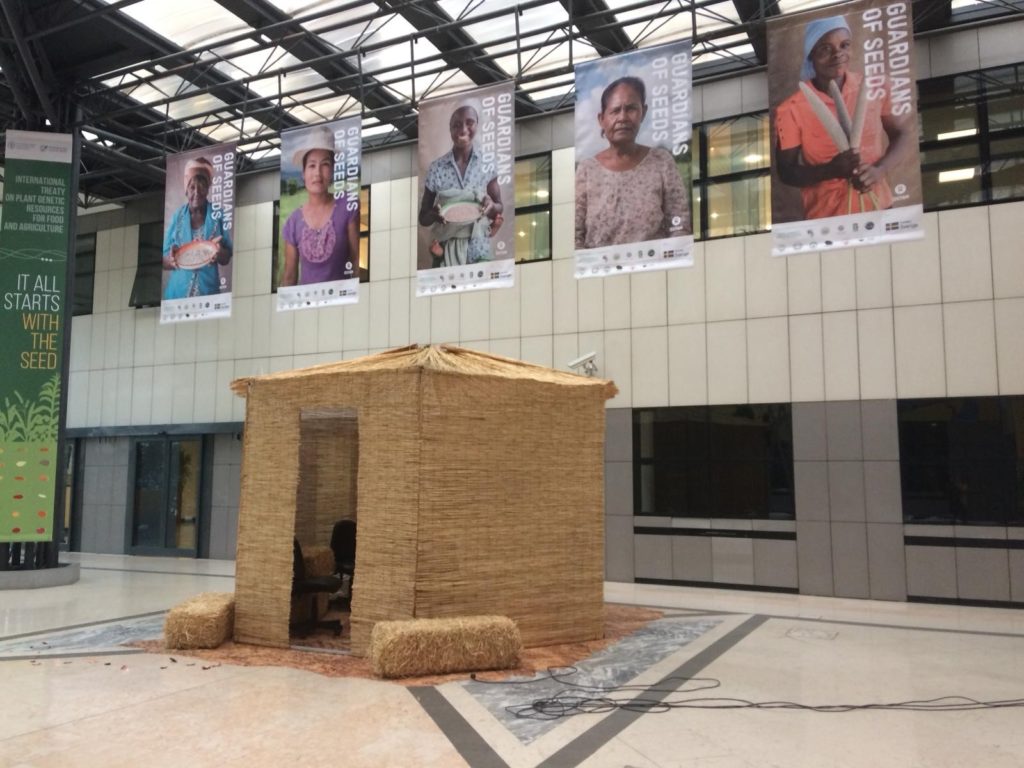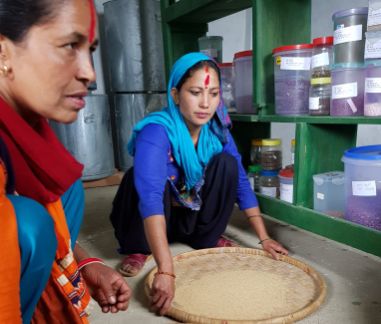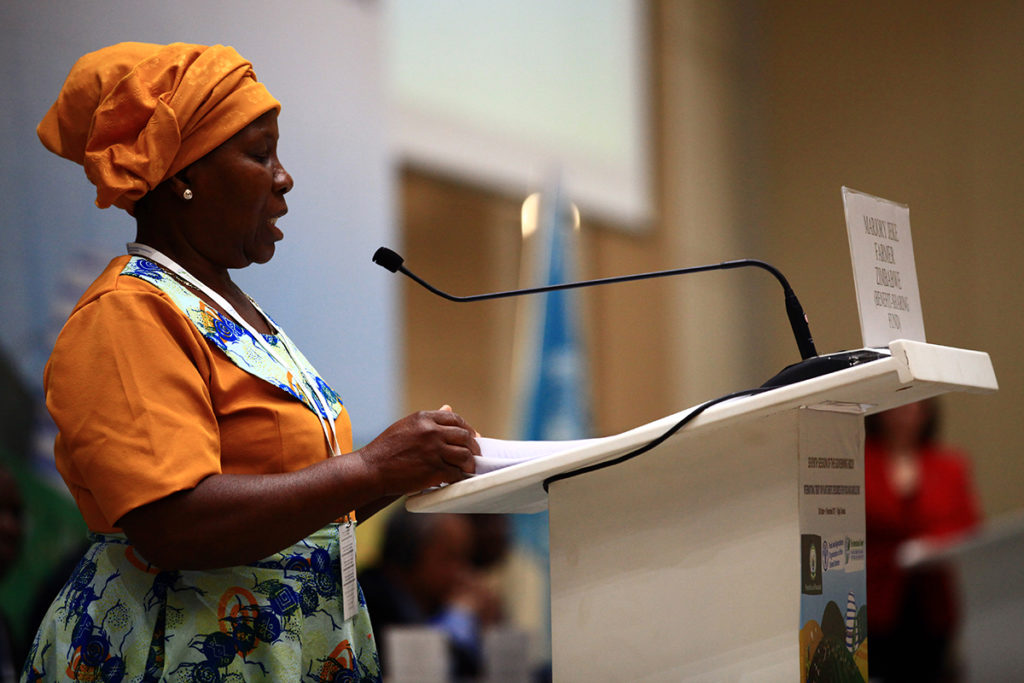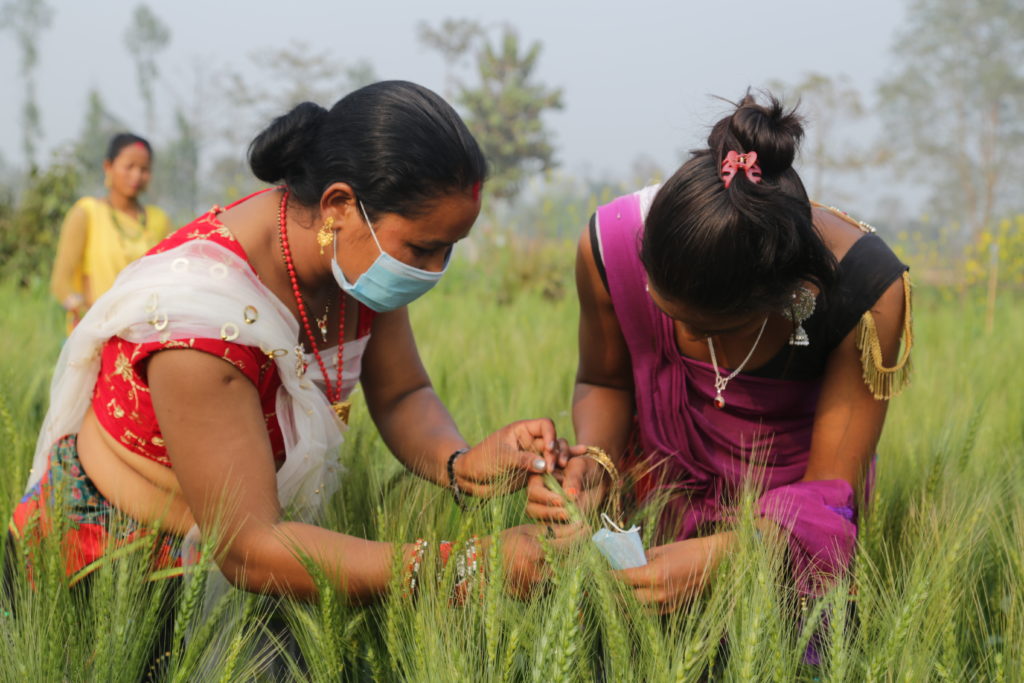May 14, 2020
Plants and animals derived from conventional breeding are no longer patentable. This is the verdict published today by the Enlarged Board of Appeal of the European Patent Office (EPO). Oxfam endorses the ruling but at the same time demands further decisions to close existing loopholes. The judgment will take effect retroactively from 1 July 2017.

“Our food production should not depend on a handful of companies. Seeds are the beginning of every food chain, they should not be monopolized, ”says Bram de Jonge of Oxfam. “Climate change means we need crops that are more resistant to drought or floods. In order to develop these, everyone must have access to all existing varieties. We are therefore very pleased with this statement, although there are still a few loopholes to be closed. ”
For years, there has been debate in Europe whether patents on plants and animals created through crossing and selection can be patented. The 1973 European Patent Convention states that “essential biological processes” such as crossbreeding may not be patented, but in 2015 the European Patent Office decided to grant patents on the plants and animals derived from such processes. To date, more than 1,600 of such patent applications have been filed, and about 220 are currently granted. After strong social and political pressure, the EPO is now adjusting its policy.
Oxfam and many other organizations in Europe have been working on this for years. If conventionally bred plants and animals are patented as ‘inventions’, they may not be used for further breeding without the patent holder’s permission. The biggest multinationals, in particular, can afford the high costs of patents and necessary legal advice, thereby strengthening their market position. In 2017, the 4 largest seed companies owned 2/3 of the world seed trade. In addition, farmers are not allowed to reuse the seeds of patented varieties. This is especially problematic for small farmers in developing countries who cannot afford to buy new seed every year.
Today’s verdict can stop this development. But what the ruling does not answer is what exactly is meant by “essential biological processes”. As long as no clear definition is provided, companies can add a “technical topping” to the process of crossing and selection with minimal effort, so that plants and animals can still be patented as “inventions”. There are many examples of this: In 2016, Carlsberg received a patent on a random mutation of barley and the beer that is made from it. Bram de Jonge: “Today’s verdict cannot change that, but if we now take the necessary steps we can ensure that such patents will no longer be granted in future.”
Click here the read the whole verdict
Note to editors: Bram de Jonge, Seed Policy Advisor at Oxfam Novib, is available for interviews. Please contact Jules van Os, press officer Oxfam Novib at +31(0)651573683






